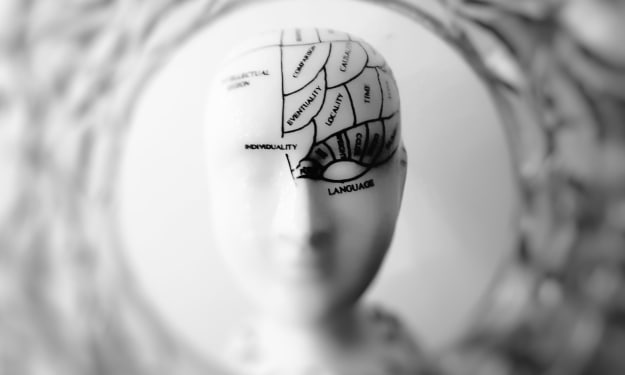Can a Narcissistic Spouse Transform for the Better?
Weighing the Pros and Cons of Living with a Narcissistic Partner

Today's compelling inquiry revolves around the possibility of fostering a successful relationship with an individual who exhibits narcissistic traits. This question has undoubtedly captured the attention of many, prompting us to delve right into the heart of the matter. Feel free to contribute your insights in the comments section below.
So, let's tackle the million-dollar question: Can a relationship with a person displaying narcissistic tendencies truly thrive? Well, the answer hinges on how one defines the term "success" within the context of such a dynamic. I've engaged with numerous individuals who've posed this very query, and today, we're embarking on a journey to deconstruct the various avenues available to us.
Firstly, we have Option 1: The Realm of Healthy Relationships. These are characterized by the presence of respect, kindness, compassion, personal growth, self-awareness, and fairness. This is the ideal framework that everyone should aspire to, as it nurtures our overall well-being and fulfillment.
On the flip side, there's Option 2: The Terrain of Volatile Relationships. These relationships are marked by conflict, verbal aggression, abuse, impulsiveness, and contempt. It's unequivocal that these scenarios are undesirable and unsafe, warranting active avoidance at all costs.
Then there's Option 3: The Landscape of Structured Indifference. Here, connections lack profound depth or joy and might entail obligatory gestures. While not necessarily abusive, they fall short of providing genuine fulfillment.
Lastly, Option 4 presents itself as the realm of Imbalanced Relationships. In this setup, one individual's needs are disproportionately prioritized over the other's, often owing to dependency, fear, or cultural beliefs. This framework is far from healthy, as it fails to uphold principles of equity and mutual respect.
However, when we turn our attention to a relationship involving a narcissistic individual, it's important to recognize that Option 1 is essentially ruled out. Such relationships rarely embody empathy, respect, equity, or genuine joy. Option 2 is blatantly detrimental, leaving us with the potential courses of Option 3 and Option 4.
So, the question remains: Can a relationship with a narcissistic individual be viable? The answer is a qualified "yes," but only within the parameters of Options 3 and 4, both of which come with their own set of compromises.
Option 3 involves adopting a stance of structured indifference, an acceptance infused with a sense of resignation. While this stance may not be profoundly fulfilling, it does steer clear of the overtly abusive tendencies. To make this arrangement work, one must anticipate minimal returns and practice radical acceptance. This type of relationship is characterized by unpredictability, and personal needs might frequently go unmet. However, finding fulfillment beyond the confines of the relationship might offer solace.
Option 4, on the other hand, ventures into more precarious terrain. This entails capitulating to the narcissistic individual's desires entirely, essentially feeding into their ego. Such a choice can often align with cultural stereotypes of self-sacrifice, yet it frequently results in enduring narcissistic abuse.
In both scenarios, the underlying requirement is a willingness to forsake personal recognition and needs. Understandably, most individuals resist this path and strive to transform the relationship into something it inherently isn't. The reality is that seeking emotional fulfillment within such relationships can be a draining endeavor.
In closing, the answer to the question of whether a relationship with a narcissistic individual can succeed is a cautious "yes." However, this success necessitates redefining the very essence of "success" within this context. It's imperative to maintain honesty with oneself about the situation and avoid becoming ensnared in self-blame or illusions.
In this pursuit, your grasp of understanding and self-awareness takes center stage. Your ability to navigate such intricate dynamics with clarity is paramount.
About the Creator
Judith Okech
An entrepreneur who values time and spends any extra time writing and reading. Humane and minds people's feelings.





Comments
There are no comments for this story
Be the first to respond and start the conversation.